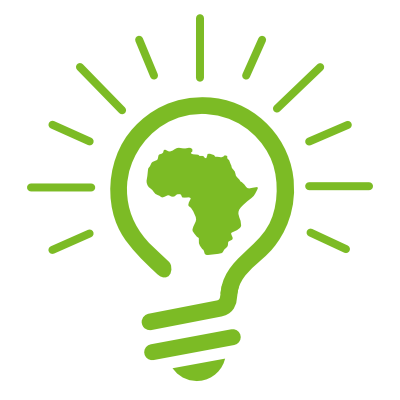Throughout history, Africa has had its share of diseases that decimated many communities across the continent; historically, following the influx of European conquests. However, through these epidemics, African communities have become more adaptive to future iterations of pandemic spreads. Africa’s painful experiences with cholera, various strains of influenza, dengue fever, malaria, and even HIV& AIDS, have incrementally provided practical guidance on how to more effectively respond to and contain highly communicable diseases -such as the current COVID-19 pandemic.
Perhaps one of the more recent experience was the West-African ebola crisis, circa 2014, with an estimated 30,000 confirmed cases and 10 ,000 fatalities. The affected nations swiftly sprung into action to effectively contain and manage the breakout -unlike the responses of many prominent nations in this current pandemic. Currently, according to Africa CDC, Africa’s COVID-19 statistics reflect a 3% fatality rate, with 124,482 confirmed cases , 3,696 fatalities, and 51,095 recoveries.
While some African leaders are tackling the matter head on by collaborating in leading-edge research and implementing education and awareness campaign; to de-stigmatize the outbreak, others are looking on with hesitation as statements of tainted testing kits and unreliable lab results surface. Nevertheless, the overall consensus calls for better testing methods, and greater involvement of local demographics in treatment development; as some leaders called for increased participation by local academic and research institutions. One area that African nations have never required external approval to pursue is traditional medicines. Most indigenous communities have their own version of traditional healing remedies made from natural ingredients. Although most remedies remain ‘medically’ unproven, many communities around the world still rely on herbal and holistic medicinal practices for health and wellness. Madagascar is doing just that with its Covid Organics drink. President Rajoelina shared boxes of the concoction with various African nations for further testing and validation.
Future outlook for Africa’s pandemic preparedness must account for:
- Proactive planning and budget allocations to fight future breakouts
- Infrastructure projects: hospitals, transportation, housing development, access to clean water and a healthy environment
- Intergovernmental partnerships that can aid in faster and more effective response actions: a unified approach to defeat a common enemy.
- Awareness and education initiatives for healthy community practices
- Cultivate and support innovation beyond pharmaceutical medicines. Support research into traditional/alternative treatment /healing methods
- Policies that limit risk factors and unintended effects
- Reasonable & practical regulatory enforcement procedures
While recovery statistics may seem positive and uplifting, every life lost is a heartfelt tragedy and we must remain vigilant and proactive in not only fighting the battle at hand, but also prepare for the future as well.



